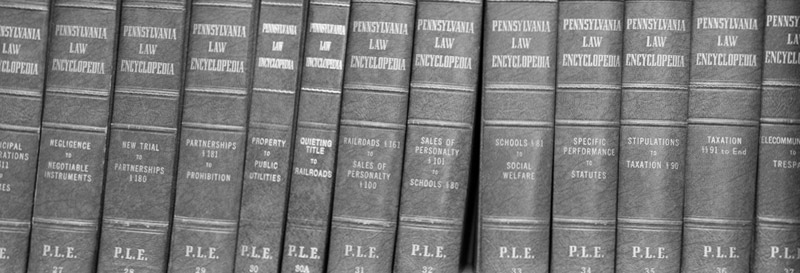U.S. Supreme Court Prohibits LGBT Workplace Discrimination

The U.S. Supreme Court issued a landmark ruling on Monday, June 15, 2020, which extends anti-discrimination rights to LGBT employees in the workplace. The decision in Bostock v. Clayton County, Georgia settles a long-standing circuit split about whether Title VII of the Civil Rights Act of 1964 affords protection to the LGBT community. In its Monday ruling the Court relied on a textual interpretation of Title VII to conclude that the statute does in fact apply to LGBT employees.
Title VII prohibits discrimination on the basis of an individual’s race, color, religion, or national origin in the employment context. Critically, it also prohibits discrimination “because of . . . sex.” Prior to the Bostock ruling some federal courts interpreted this language to also prohibit LGBT discrimination. Those courts reasoned that you cannot contemplate sexual orientation or gender identity without considering the individual’s gender. Other courts relied on a so-called “sex-stereotyping” theory which posited that discrimination on those bases is sex discrimination because the employer is motivated by their view that the employee does not comport with traditional expectations for their gender. Still other courts applied a strict reading of the statute to conclude that Title VII does not apply to LGBT employees because sex discrimination refers only to discrimination on the basis of biological sex.
In an opinion authored by Justice Gorsuch, a majority of the Supreme Court concluded that “homosexuality and transgender status are inextricably bound up with sex … [and] to discriminate on these grounds requires an employer to intentionally treat individual employees differently because of their sex.” The Court reasoned that considerations of sexual orientation and gender identity inherently require an employer to consider the individual employee’s sex. The Court also rejected arguments by the employers that a narrow interpretation of the statute applies.
Following the Bostock ruling employers are well-advised to revisit their employee handbooks and procedures to ensure that they comply with federal law. Importantly, Title VII’s protections are far-reaching in the workplace and extend to hiring, firing, and conditions of employment. As a result, employers must consider Title VII from the moment an applicant submits a resume for consideration.
Eastburn and Gray P.C.’s Employment Law group regularly advises employers and employees regarding workplace discrimination and are prepared to provide specific guidance about this important legal development.







